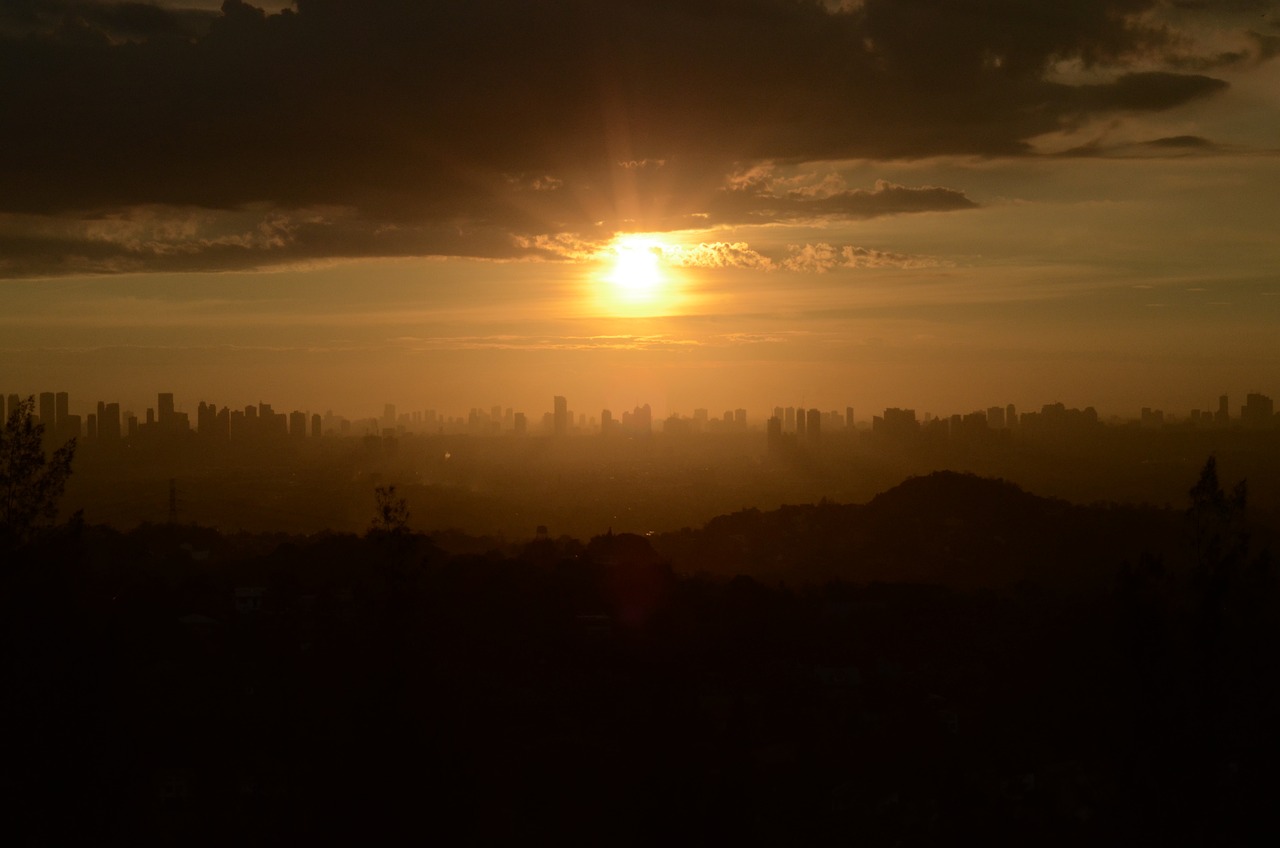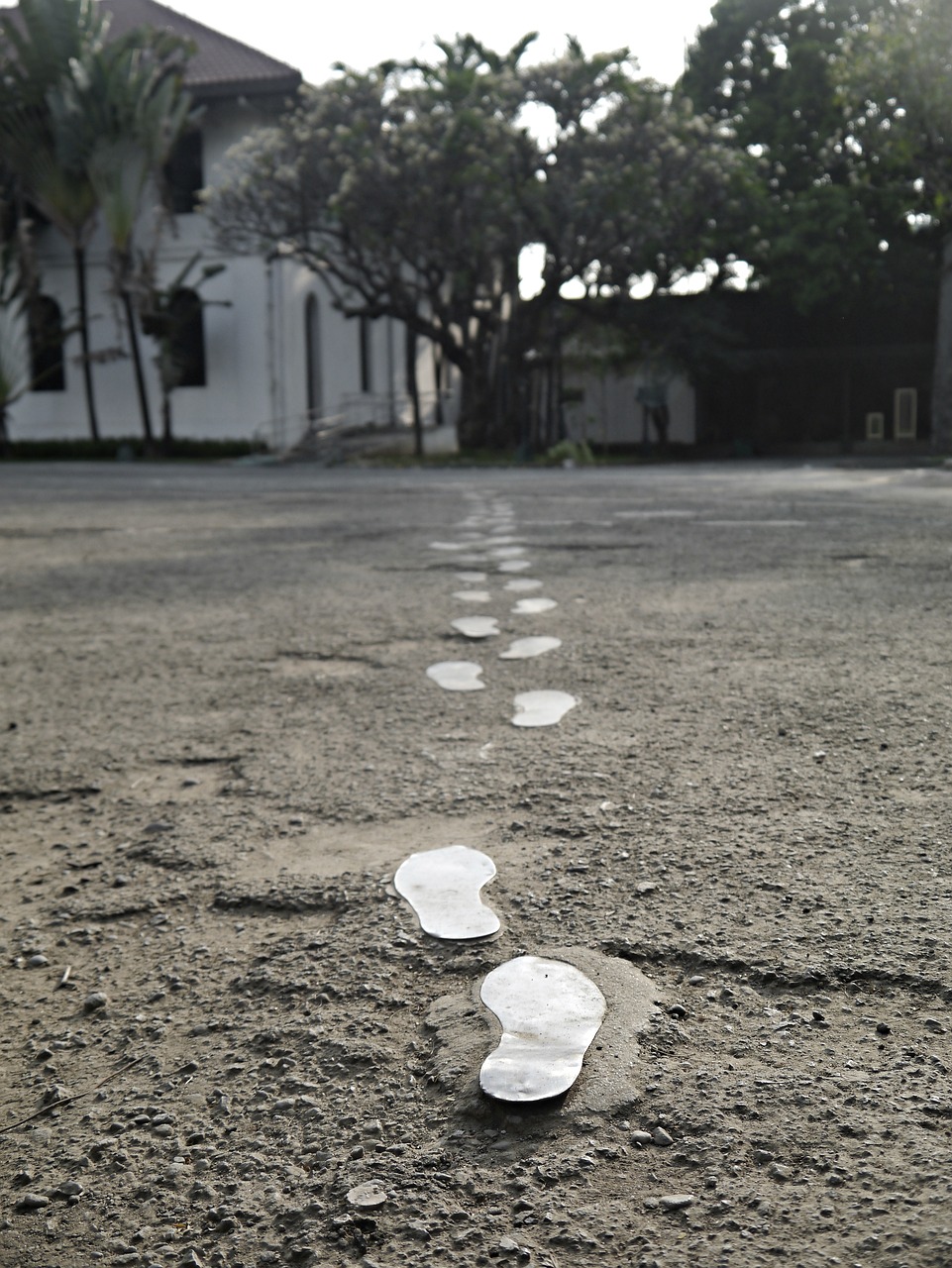Philippines Video
Emergency Services: What to Know While in Philippines
The Philippines is a beautiful country known for its stunning landscapes, vibrant culture, and warm hospitality. While exploring this tropical paradise, it’s important to be aware of the emergency services available to ensure your safety and well-being. This article will provide detailed information on various emergency services in the Philippines, including medical assistance, police services, and fire response.
Medical Assistance
Hospitals:
– There are numerous hospitals throughout the Philippines, ranging from public to private institutions. These hospitals provide a wide range of medical services, including emergency care, surgeries, and specialized treatments.
– Public hospitals, such as the Philippine General Hospital, offer more affordable healthcare options. Private hospitals, like St. Luke’s Medical Center, provide high-quality medical services with modern facilities.
– It’s advisable to have travel insurance that covers medical expenses in case of emergencies.
Ambulance Services:
– The Philippines has both government-run and private ambulance services. The Department of Health operates the National Emergency Medical Services (NEMS) system, which aims to provide timely and efficient pre-hospital care.
– Private ambulance services, such as Lifeline Ambulance and Metro Manila Ambulance, offer emergency medical transportation for individuals requiring immediate medical attention.
Emergency Hotlines:
– In case of medical emergencies, dial 911 or the National Emergency Hotline at 112. These hotlines connect you to the emergency services and dispatch the necessary assistance.
– It’s important to provide accurate information about the location and nature of the emergency when calling for medical assistance.
Police Services
Philippine National Police (PNP):
– The PNP is the primary law enforcement agency in the Philippines. It ensures public safety and maintains peace and order throughout the country.
– The PNP operates police stations in various cities and municipalities. These stations are responsible for responding to emergency calls, conducting investigations, and enforcing the law.
Emergency Hotline:
– To report crimes or seek police assistance, dial 911 or the PNP hotline at 117. These hotlines are available 24/7 and connect you to the nearest police station.
Tourist Police:
– In popular tourist destinations, such as Boracay and Palawan, there are dedicated Tourist Police units. These officers are trained to assist tourists and provide guidance on safety and security.
- Crime Prevention Tips: Always be aware of your surroundings and avoid displaying valuable items in public. Keep your belongings secure and be cautious when interacting with strangers.
- Lost and Found: If you lose any personal belongings or identification documents, report it to the nearest police station. They can assist in the recovery process.
- Local Laws: Familiarize yourself with local laws and regulations to avoid any unintentional violations. Ignorance of the law is not an acceptable defense.
Fire Response
Bureau of Fire Protection (BFP):
– The BFP is responsible for fire prevention, suppression, and investigation in the Philippines. They work to ensure the safety of individuals and properties from fire-related incidents.
Emergency Hotline:
– In case of fire emergencies, dial 911 or the BFP hotline at 160. These hotlines connect you to the nearest fire station for immediate assistance.
- Fire Safety: Practice fire safety measures, such as installing smoke detectors, having fire extinguishers at home, and knowing evacuation routes in buildings. Familiarize yourself with fire safety protocols in your accommodation.
- Fire Hazards: Be cautious when handling flammable materials and avoid unsafe practices that may lead to fire incidents. Report any potential fire hazards to the authorities.
- Fire Drills: Participate in fire drills conducted by hotels, resorts, or other establishments. These drills help familiarize guests with emergency procedures and evacuation routes.
Philippines Image 1:

Philippines Image 2:

Philippines Image 3:

References:
– Department of Health: www.doh.gov.ph
– Philippine National Police: www.pnp.gov.ph
– Bureau of Fire Protection: www.bfp.gov.ph


